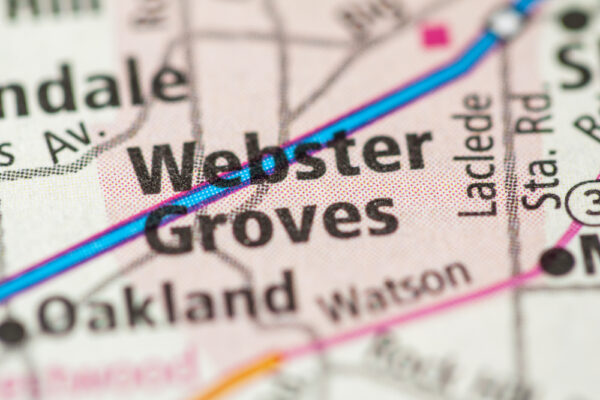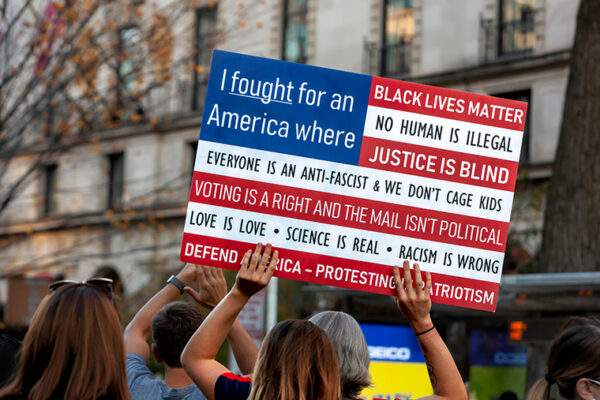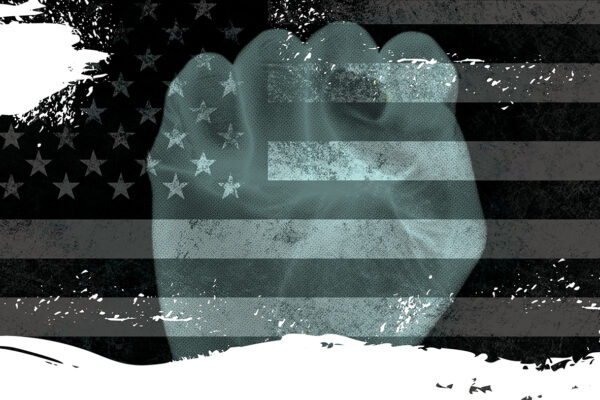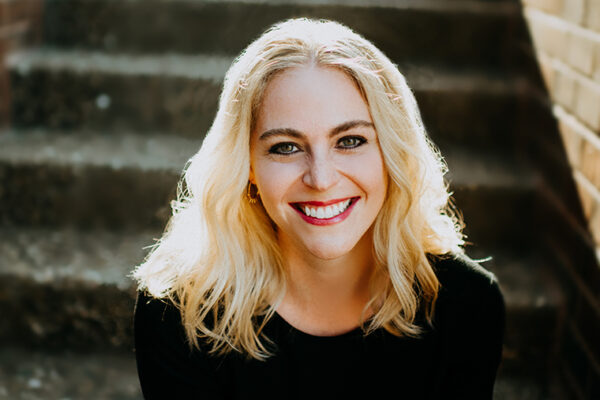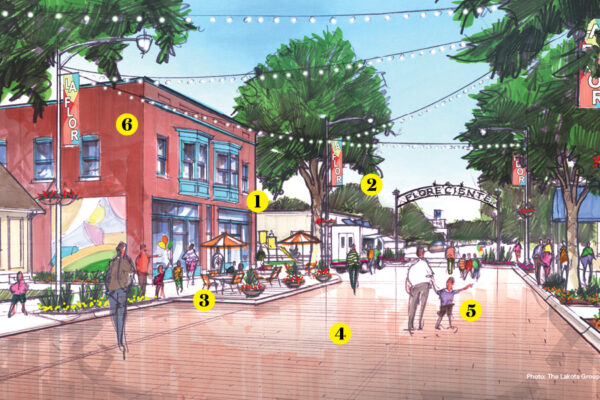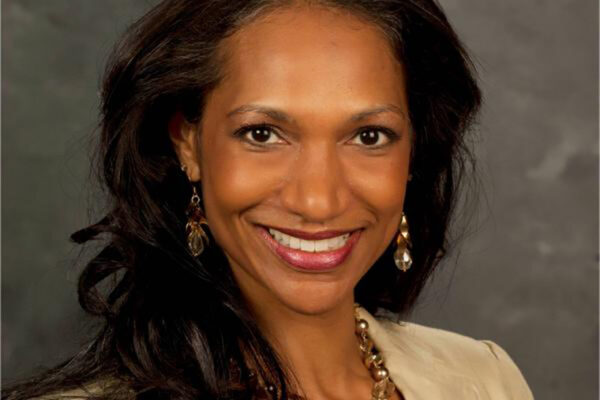Brown School works with Webster Groves to improve housing equity
Molly Metzger, senior lecturer at the Brown School, and students in her policy course have partnered with Webster Groves city council members and St. Louis’ Green City Coalition on a series of projects connected to the planning of community land trusts.
Child Development Accounts generate assets, parental investments
New research from the Center for Social Development at the Brown School shows that parents of newborns with Child Development Accounts respond by deepening their commitment to the child’s higher education and their own efforts to save for that education.
An historic opportunity to combat systemic racism
Sociologist John N. Robinson III says President Joe Biden’s executive orders are an important first step in the fight against systemic racism, but to keep fighting because there’s an “historic opportunity” before us.
Aid package will only postpone inevitable housing crisis
As part of the new $900 billion federal stimulus package, the moratorium on evictions for renters will be extended by one month, through the end of January. The help could not come soon enough, says an expert on social and economic development at the Brown School. However, without more intentional, long-term solutions and investments, this aid will only postpone an inevitable housing crisis.
Increase in Head Start funding ‘a national priority’
Increased funding for Head Start — the largest federally funded, early childhood development program in the United States — is needed to support families during the COVID-19 recession and to ensure a more stable economic recovery, according to research involving a sociologist at Washington University in St. Louis.
Widening income gap means less grocery variety for all
Even before COVID-19 and resulting shutdowns created gridlock for some global supply chains, the assortment at many neighborhood supermarkets was dwindling. The cause was not a lack of supply, though, but rather a lack of demand created by a widening income gap in the U.S., according to a new study involving a Washington University in St. Louis researcher.
The twilight’s last gleaming
Nine Washington University scholars ruminate on race, COVID-19, police
brutality and America as the house of pain.
The Free Market Has Failed U.S. Working Parents
New federal policies for paid leave, quality and affordable childcare, fair work schedules, and living wages are more important than ever.
For all ages
What would a truly intergenerational community look like? Three WashU scholars explain how a community can become more accessible for people of every age.
Parikh co-edits collection documenting Ferguson uprising, afterlives
Shanti A. Parikh, associate professor of anthropology and African & African American studies, both in Arts & Sciences, co-edited a collection, “@Ferguson: Still Here in the Afterlives of Black Death, Defiance and Joy,” published in social and cultural anthropology’s flagship journal, American Ethnologist.
Older Stories
